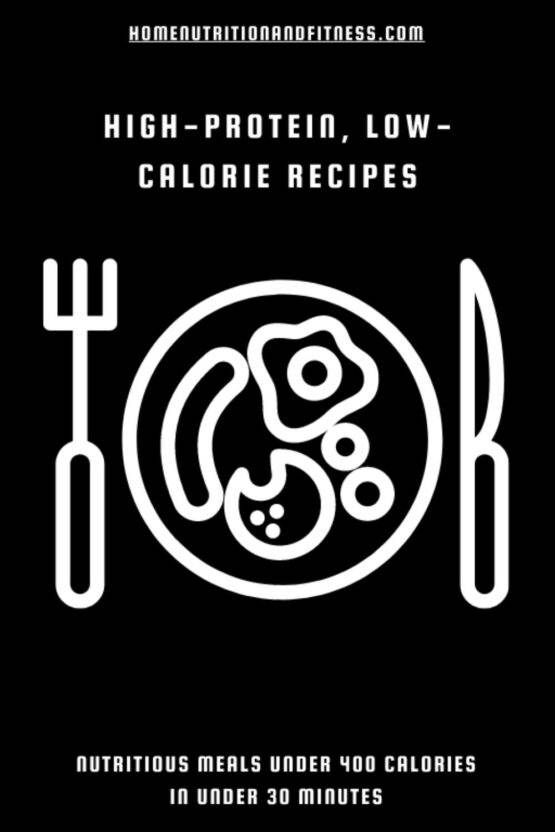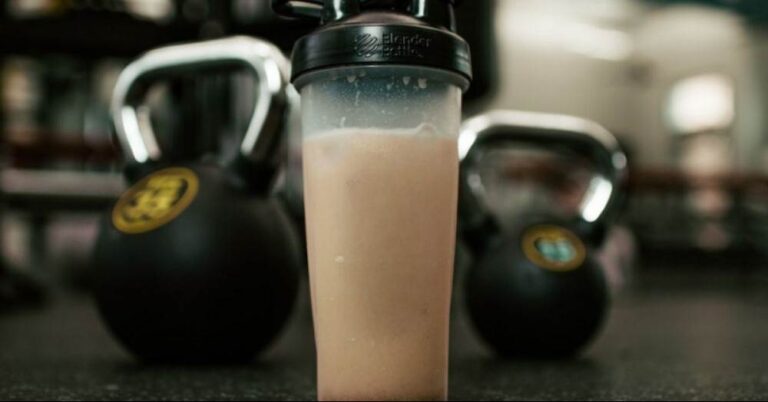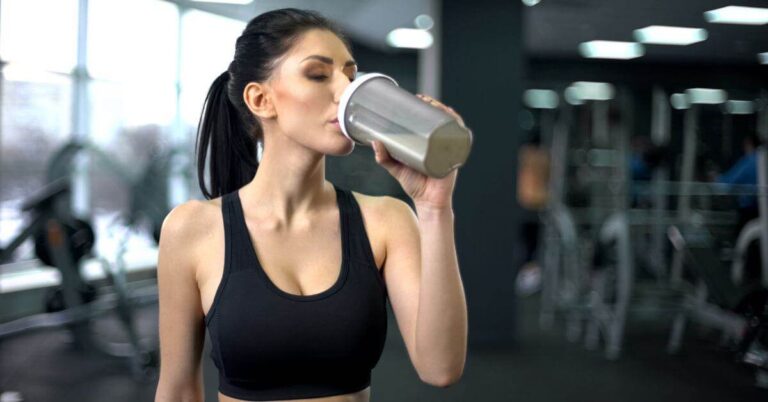Supplements have become a go-to for athletes looking to enhance their performance. Whether you’re an aspiring athlete or just love hitting the gym, understanding the role of sports supplements can be a game-changer.
Sports supplements are specially designed to support your training and exercise routine. They come in various forms like powders, pills, and bars, each aiming to give you an edge in your athletic pursuits. For example, you’ll find supplements packed with protein to help repair and grow muscles after a tough workout.
You should know that not all supplements are created equal. Athletes often have specific needs based on their sport, so a weightlifter might not use the same supplements as a marathon runner. Here’s a breakdown of some common types of sports supplements:
- Protein: Helps with muscle recovery and growth.
- Creatine: May improve short bursts of high-intensity performance.
- Amino Acids: Building blocks of proteins that can aid recovery.
- Caffeine: Often used for a pre-training energy boost.
When considering supplements, always think about your personal fitness goals. They might help you push a bit harder, last a bit longer, or recover a bit quicker. But remember, supplements should never replace a balanced diet.
Let’s get real for a second. Imagine you’re training for a big race. You’re putting in the miles, but your legs are screaming. A whey protein shake post-run could help those muscles bounce back. But without a proper diet and rest, it’s like sticking a plaster on a leaky pipe.
Always check with a health professional before starting any new supplement — your safety comes first. With the right approach, sports supplements can be a valuable addition to an athlete’s arsenal, but they are just one piece of the puzzle in achieving sports performance excellence.
Types of Supplements
When venturing into the world of sports and fitness, you’ll find that supplements can play a key role in improving your nutrition, boosting your energy, enhancing muscle growth, and aiding recovery. But navigating the supplement scene requires understanding what’s available and what they do. Let’s take a closer look at some popular types.
Protein-Based Supplements
Protein is crucial for muscle protein synthesis, which is a fancy term for muscle growth. After a workout, your muscles are like sponges – they’re ready to absorb the protein you provide to help repair and grow. Here you have a variety of choices:
- Whey Protein: This is a fast-absorbing protein, great for post-workout. It’s derived from milk and is rich in all the essential amino acids.
- Casein Protein: This one digests slowly, making it ideal before you hit the sack, so your body can use it for muscle repair through the night.
- Soy Protein: A good plant-based option that also contains all the essential amino acids, perfect if you’re vegan or lactose intolerant.
Remember, you want enough protein without overdoing the calories, so check labels for serving sizes.
Amino Acids
Amino acids are the building blocks of protein. There are 20 different amino acids, but some are heralded in the fitness world for their specific benefits:
- Branched-Chain Amino Acids (BCAAs): These include leucine, isoleucine, and valine. They’re particularly good for reducing muscle fatigue and speeding up recovery. BCAAs can be found in protein-rich foods or as a separate supplement to take around your training.
- Arginine: This amino acid is a precursor for nitric oxide, which can help increase blood flow, potentially improving your performance. It comes in various forms, such as capsules or gels.
Creatine and Its Impact
Creatine is a bit like your body’s quick-energy battery. It gives a fast energy boost, which can be a game-changer for high-intensity activities and resistance training. Here’s what you get with creatine:
- Energy and Strength: Your muscles use creatine for quick bursts of energy. Studies have shown it can help improve strength and power.
- Muscle Damage and Recovery: Using creatine might reduce muscle damage and inflammation, helping with recovery after intense exercise.
While creatine is found in red meat and fish, supplementing with it can ensure you’re getting optimal amounts to recharge your muscle’s energy stores. Always keep safety and efficacy in mind – read up and perhaps chat with a professional before starting any new supplement regimen.
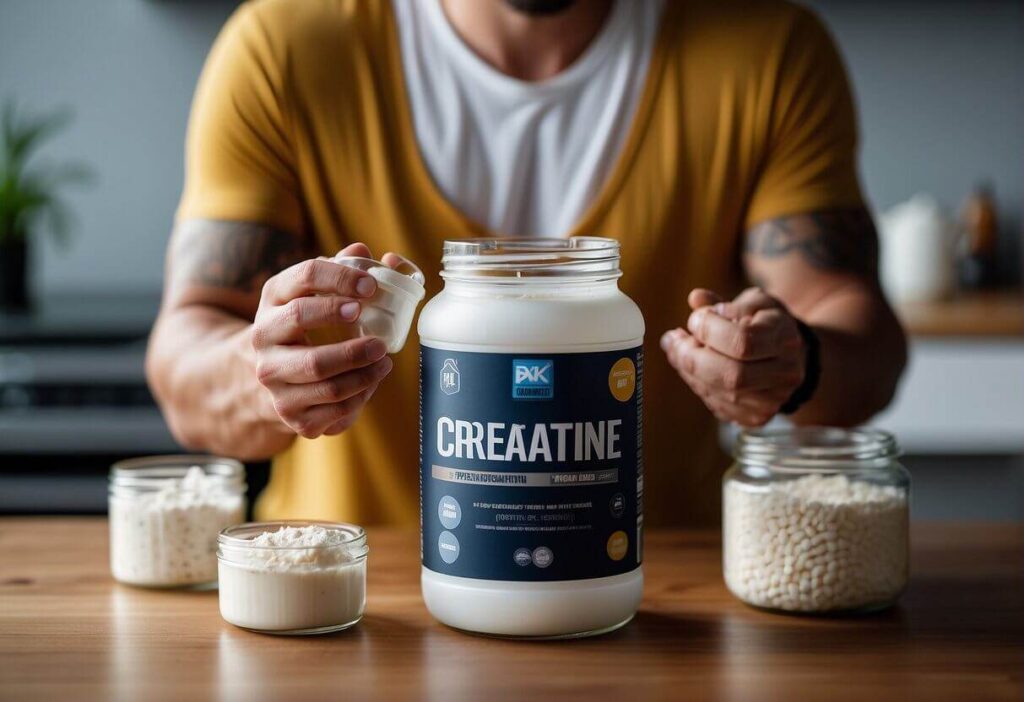
Vitamins and Minerals
Vitamins and minerals are critical to your overall health and are especially important if you’re active. They play key roles in energy production and muscle recovery post-exercise.
- Vitamin D helps with calcium absorption and muscle function.
- Vitamin C aids in healing and can reduce fatigue.
- Electrolytes like potassium and magnesium help maintain hydration and prevent cramps.
Herbs and Botanicals
Herbs and botanicals can offer more natural approaches to enhancing performance, though it’s crucial to evaluate their safety and efficacy. Arginine, for example, is suggested to boost nitric oxide production and improve blood flow.
- Beetroot juice is rich in nitrates and may aid endurance.
- Ginseng may help fight fatigue and enhance energy levels.
Ergogenic Aids
Ergogenic aids are designed to improve your physical performance directly. Some popular ergogenic aids include:
- Creatine, which can boost energy in your muscles and aid in muscle growth during resistance training.
- Caffeine, a powerful stimulant, can increase alertness and reduce feelings of exertion.
Specialised Products
There are specialised products like protein powders and amino acids that directly assist muscle recovery and growth:
- Proteins like whey, casein, and soy support muscle protein synthesis.
- Branched-chain amino acids (BCAAs), including leucine, isoleucine, and valine; these are essential for protein synthesis and muscle repair.
Bear in mind, while supplements can support your fitness goals, nothing replaces a balanced diet and adequate training.
Dietary Considerations

When diving into the world of sports and fitness, your diet is as crucial as your training routine. It’s the fuel that powers your physical activities and recovery. So, let’s take a good look at how you can make smart choices with your meals and supplements.
Balanced Diet and Supplementation
You’ve likely heard about the importance of a balanced diet for maintaining overall health, but it’s especially vital when you’re active. A mix of carbohydrates, protein, fats, and a rainbow of fruits and vegetables provides the energy and nutrients your body craves for peak performance.
- Carbohydrates: They’re your body’s main energy source during exercise.
- Proteins: Essential for muscle repair and growth, think beyond meat and consider fish, eggs, or poultry.
- Fats: They have a bad rep, but healthy fats like those in nuts and avocados are actually your allies.
Sometimes, despite your best efforts, your diet might not meet all your nutritional needs. That’s where supplements can come into play, offering a boost in things like amino acids or electrolytes that aid in your recovery from exercise. It’s like giving your body a little extra help along the way. Remember to stay well hydrated to keep those muscles working like a well-oiled machine!
Vegetarian and Vegan Athletes
If you’re a vegetarian or vegan, you’re probably tired of hearing the question, “But where do you get your protein?” Truth is, you can smash it in the gym on a plant-based diet too! Foods like lentils, chickpeas, and tofu are packed with protein. Vegans can look for supplements that support their diet, making sure they’re not missing out on crucial nutrients like B12 and iron.
Supplements for Weight Management
If weight management is part of your fitness journey, you’ve probably heard a lot about fat burners like CLA (conjugated linoleic acid). Sure, they might give you a helping hand, but they’re not magic pills. You can’t outrun a bad diet, so focus on meals that are high in nutrients but lower in calories.
- Weight loss: Combine your workouts with a diet rich in veggies, lean proteins, and whole grains.
- Muscle gain: Prioritise protein and carbs post-exercise to fuel muscle protein synthesis and ease muscle soreness.
Always remember that supplements are there to complement your diet, not replace real foods. Think of them as the extra members of your support team, making sure you’re firing on all cylinders.
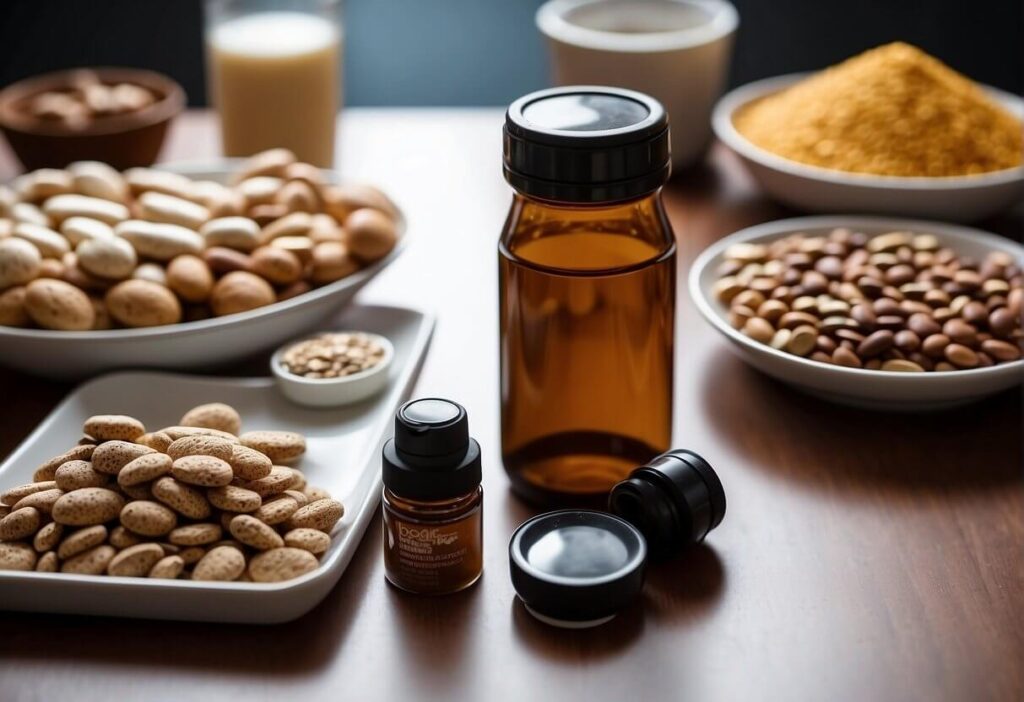
Hydration and Electrolytes
Keeping yourself well-hydrated is essential during any physical activity. Your muscles are like sponges; they need water to function properly.
- Water: Aim for at least 2 litres a day, more if you’re active.
- Electrolytes: Minerals like sodium and potassium help balance the fluids in your body. They’re found in sports drinks, but you can get them from natural sources too, like bananas and coconut water.
Remember, if you feel thirsty, you’re already on your way to dehydration, so keep sipping that water!
Recovery Foods and Supplements
After exercise, your body is in a state of recovery, and what you feed it can help reduce muscle soreness and boost muscle protein synthesis.
- Protein: Foods like meat, fish, eggs, and for vegans, plant-based sources like lentils and chickpeas are rich in protein and essential amino acids that help repair and build muscles.
- Carbohydrates: Don’t shy away from carbs! They replenish your energy stores. Whole grains, rice, and potatoes are great options.
Supplements like whey protein can be a convenient option to meet your protein needs, especially post-exercise. For those monitoring their weight or aiming for weight loss, consider the calorie content and choose supplements without added sugars.
In a nutshell, your diet should be high in nutrients and cater to your specific energy needs. Keep your diet healthy and balanced, and adjust it as per your physical demands. Eat well to play well!
Usage and Dosage
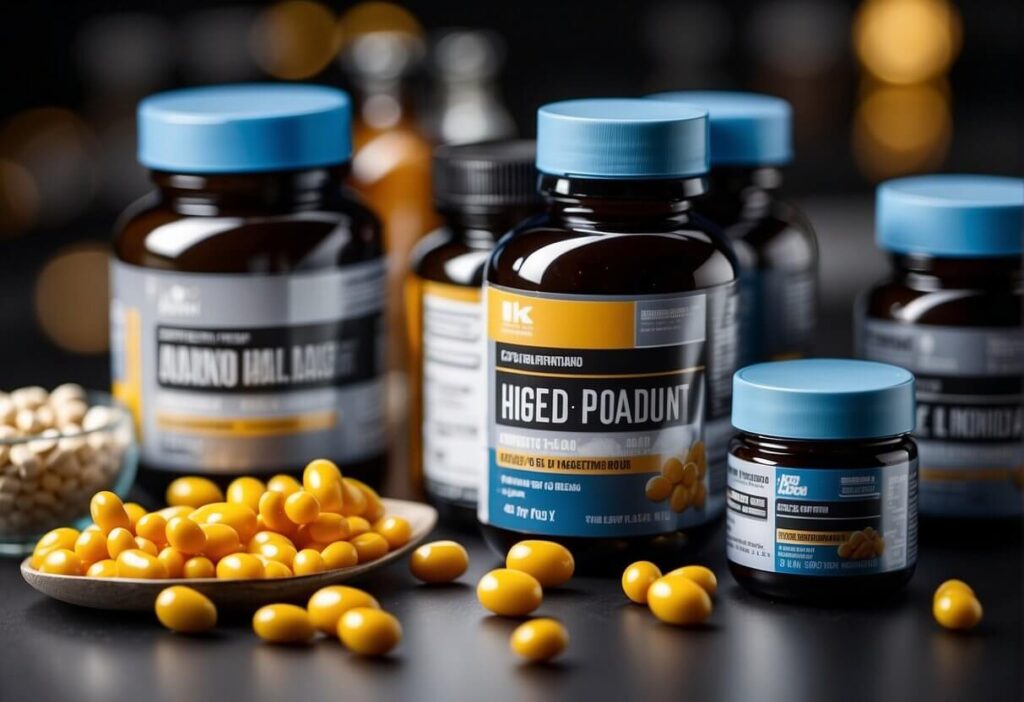
When considering supplements for sport and fitness, it’s crucial you know how much to take and when. This ensures you get the most out of your training and performance efforts.
Recommended Intakes
Different supplements have varying recommended intakes. When it comes to protein, for instance, you might see suggestions like 1.2 to 2.0 grams per kilogram of body weight per day to support muscle growth, especially after resistance training. For energy and endurance exercise, carbohydrates are essential, and guidance often involves consuming 6-10 grams per kilogram of body weight. But remember, these are just general guidelines:
- Protein for muscle repair: 1.2 to 2.0g/kg of body weight/day
- Carbohydrates: 6-10g/kg of body weight, tailored to your training demands
Keep in mind that your own calorie and nutrient needs will depend on your training intensity, your goals, and your current diet.
Timing of Supplement Intake
The timing of when you take supplements can be just as important as the amount. Let’s break it down into two parts: pre-exercise and post-exercise:
- Pre-exercise: Taking certain nutrients before a workout can help you maximise your performance. For a boost in energy, you might consider a supplement containing caffeine about 30 minutes before you start.
- Post-exercise: After your workout, it’s a good idea to consume protein within a ‘golden window‘ of 30 to 45 minutes. This can help kickstart muscle recovery. It’s also a smart move to replenish your energy stores with carbohydrates soon after intense training.
It’s always best to consult with a nutrition expert or a dietitian to get tailored advice that suits your personal training programme and dietary needs. They will help ensure you’re using supplements safely and effectively, supporting both your nutrition and your performance goals.
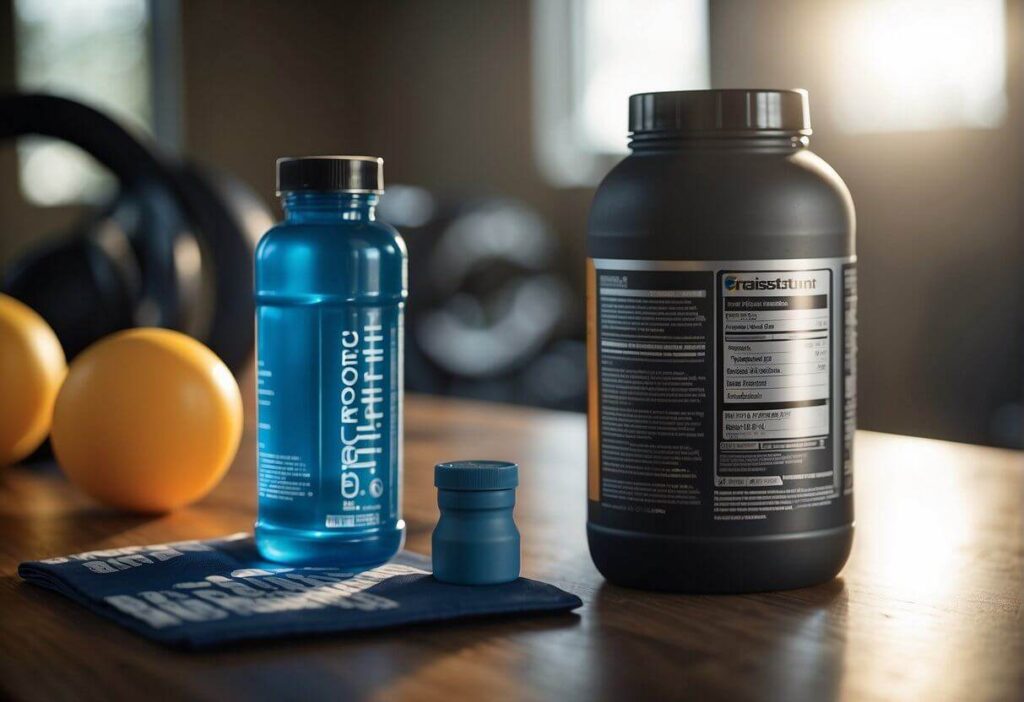
Understanding Labels and Dosing
Reading labels is a bit like following a recipe – you need to get the quantities just right to achieve the desired result. Here’s what to look out for:
- Recommended Daily Allowance (RDA): The general guideline of a nutrient you should get each day.
- Serving size: How much of the supplement you should take each time.
- Timing: Instructions on when to take it – such as pre-exercise or post-exercise.
Remember, these recommendations are set for the average person, so your own mileage may vary, especially if you’re doing intense training or aiming for muscle growth.
Customising Supplementation to Training Cycles
Your body’s needs can change depending on what stage you’re at in your exercise performance and training cycles. Here’s how you might tweak your supplements:
- Endurance Exercise: During high-volume training phases, you might need more carbohydrates or electrolytes.
- Resistance Training: Protein intake is key post-session to help with muscle recovery and growth.
- Rest Days: Don’t overdo the calories or nutrients when you’re not as active.
Listen to your body and adapt your supplements to both your energy needs and the type of physical activity you’re engaging in. Plus, don’t forget the rest of your diet matters too!
Bear in mind that nutrition and supplementation are about balance – too much can be just as bad as too little. It’s always a good call to chat with a nutritionist or a coach to dial in your plan. Stay safe and smart about your supplement choices!
Safety and Regulations

When you’re looking to boost your performance with sports supplements, it’s crucial to stay informed about safety and regulations. It’s not just about what can make you stronger or faster; it’s about making sure what you’re taking is safe and legal.
Supplement Quality and Purity
Not all sports supplements are created equal. It’s vital that the supplements you choose meet specific quality and purity standards. Here’s what you should keep an eye out for:
- Verification: Look for supplements that have been tested by reputable third-party organisations. This ensures that what’s on the label is in the bottle.
- Contaminants: Low-quality supplements might contain harmful contaminants such as heavy metals or pesticides. By choosing brands that adhere to strict quality control, you reduce these risks.
Banned Substances and Doping
In the world of sport, staying on the right side of the rules is a must. To avoid banned substances:
- Check the label: Ensure the supplement doesn’t include any substances prohibited by sporting bodies like WADA (World Anti-Doping Agency).
- Consult a professional: If you’re unsure, speak to a sports nutritionist or a coach who can guide you about what’s legal and what’s not.
Side Effects and Interactions
Like any substance you put in your body, sports supplements come with the potential for side effects and interactions with other medicines. Keep these points in mind:
- Listen to your body: Side effects can range from mild inflammation to severe health risks, so pay attention to how your body responds.
- Speak to a doctor: Before starting a new supplement, it’s wise to talk to a healthcare professional, especially if you’re on medication or have preexisting health conditions.
Remember, your health is as important as your performance. Always choose safety over quick gains.
Special Considerations
Before diving into specific supplements, it’s important to understand that your age, gender, and level of athletic performance play a role in what supplements might be right for you. These considerations ensure that you get the most out of your nutrition and supplement regimen.
Supplements for Different Age Groups
When you’re thinking about supplements, it’s essential to consider how age can affect nutritional needs. For instance:
- Children engaging in sports require a balanced diet rich in nutrients necessary for growth and development. It’s usually recommended that they get their vitamins and minerals through meals rather than supplements.
- Teenagers, amid growth spurts and increased physical activity, might need additional nutrients. However, it’s important they seek guidance before starting any supplement routine to support their sport performance.
Gender-Specific Supplementation
Did you know that men and women might need different supplements because of their unique physiology?
- Women often require iron supplements, especially if engaging in endurance sports, to counteract the risk of anaemia.
- Men may focus on protein supplements to aid in muscle recovery after intense training sessions.
Choosing the right supplements involves considering these gender-specific needs to support overall health and athletic performance.
Supplementation for High-Performance Athletes
If you’re an athlete aiming to reach high-performance levels, your supplement choices could be a game-changer. Always keep in mind:
- Nutrition tailored to training is non-negotiable. For high-performance athletes, supplements like creatine can provide an energy boost for intense training sessions.
- Ensuring a balanced diet is priority. Supplements should never replace meals but rather complement your nutrition plan to enhance your sports performance.
Remember, the supplements you choose should support your lifestyle and training demands. It’s always best to consult with a nutritionist or dietitian to tailor a plan that’s just right for you.

